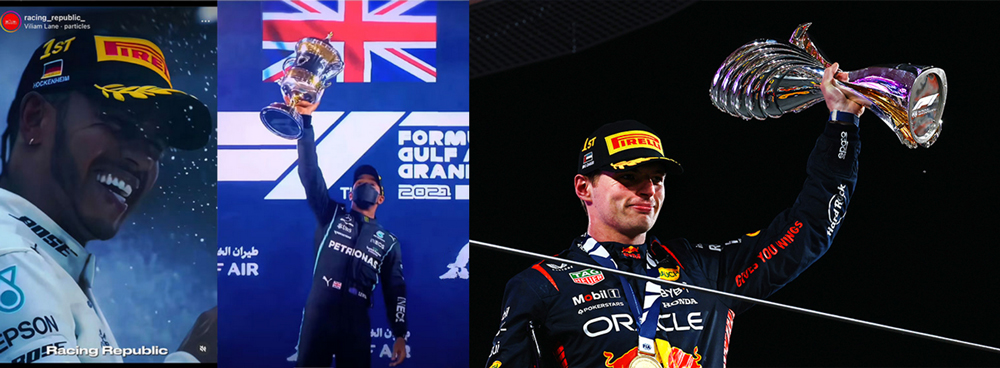Cadillac draws inspiration from NASA for F1 debut
New Team Races Against Time to Deliver Cars for 2026 Season
Cadillac’s Formula 1 team is channeling NASA’s Apollo mission methodology as it works tirelessly toward its debut on the grid in 2026—an endeavor laden with challenges and tight deadlines. With just 250 days remaining before the team’s first official practice session at the Australian Grand Prix, the pressure is on to design, build, and deliver competitive cars.
Streamlined Operations Inspired by NASA’s Apollo Mission
Headquartered between Silverstone, UK, and multiple U.S.-based facilities, Cadillac’s management team is applying a groundbreaking approach to its structure modeled after NASA’s iconic Apollo project. The effort seeks to streamline peer-to-peer communication and bypass traditional hierarchies that could slow development across its geographically dispersed workforce.
Team principal Graeme Lowdon explained the innovative strategy during a tour of the Silverstone facility last week.
"It’s highly modeled on the Apollo project. It’s very similar. OK, we’re not putting a man on the moon, but it feels like it sometimes," Lowdon remarked.
Cadillac’s approach diverges from the traditional "command-and-control" management style seen in most race teams, emphasizing direct interaction among engineers regardless of location.
"We’ve got immovable deadlines. We’ve got a massive necessity for peer-to-peer interaction," Lowdon said, likening the system to NASA’s Mission Control. "Is it the equivalent of putting a man on the moon? I don’t know about that. But what strikes me is it’s quite a difficult task."
Rapid Progress Despite Tight Deadlines
Despite only receiving confirmation of its place in Formula 1 a mere 115 days ago, Cadillac has already completed significant steps in its preparation. The team has developed a proof-of-concept chassis that has undergone rigorous crash testing in the UK, including a 50-tonne front-impact test. Additionally, an evolving 60-percent scale model has been extensively tested in Toyota’s wind tunnel in Cologne, Germany.
With plans to employ a total of 600 staff, the rapidly growing team currently boasts around 400 personnel. Cadillac is targeting a seamless integration of its operations across its Silverstone hub and construction of a new racing headquarters in Fishers, Indiana.
Attracting Top Engineering Talent
For Lowdon, who previously served as CEO of the erstwhile Manor team that raced in F1 under Virgin and Marussia branding, the appeal of joining a start-up F1 venture backed by General Motors has proven sufficient to attract top engineering talent worldwide.
"I think we offer a number of things," Lowdon stated. "The fact that we are backed by GM is super important because they have the scale as well."
He emphasized the unique opportunities Cadillac provides for its workforce:
"When that car turns a wheel for the first time, everyone in here will be able to point at it and say, I did that. None of it’s a legacy. There’s no carryover. That’s hugely, hugely appealing."
Challenges Ahead for Cadillac’s Formula 1 Ambitions
While the “flat hierarchy” strategy appears promising, Lowdon is realistic about the hurdles ahead, noting that success will ultimately depend on the performance of their first race car.
"So far it works. You know, the proof of the pudding is going to be in whether the car’s quick," he said.
Cadillac’s ambitious entry into Formula 1 is undeniably bold and innovative, with its self-imposed parallel to the Apollo missions underscoring the magnitude of the task at hand. As the clock ticks down to its 2026 debut, all eyes will be on the team to see whether this forward-thinking approach pays dividends on the track.
Up Next



